Nature Restauration Law : Encouraging but fragile results from the ENVI Commission
June 15 MEPs from ENVI Comission saved the Nature Restauration Law project, the amendment to reject the legal proposal did not pass, although with the smallest margin possible (44/44).
Compromise amendment 6 on Article 7 (river connectivity) was approved, which means that the 25,000 barrier removal target is – so far – still in the ENVI report. Although an encouraging result, it does not mean much, as there is a chance that the ENVI report ends up being rejected. MEPs will continue the voting of the last individual amendements during the next ENVI Committee meeting end of June, and then will vote on the full ENVI report.
So nothing is certain at this stage, advocacy efforts will need to continue until the plenary vote on the week of 10 July.
More infos : Save the “Nature Restauration Law” – European Rivers Network (ern.org)
Read the Press release from EEB
European People’s Party fails with disinformation campaign
Nature and the ever-growing list of stakeholders supporting the Nature Restoration Law can breathe a sigh of relief as the Environment, Public Health and Food Safety (ENVI) Committee of the European Parliament rejected attempts by conservative and right-wing groups to kill the proposed law in a very tight vote on Thursday morning.
[…]
Sergiy Moroz, Policy Manager for Water and Biodiversity at the European Environmental Bureau, said: “Recent weeks have seen a growing chorus of unprecedented support for the Nature Restoration Law [2], including from the scientific community, as this law offers a solution to tackle both the climate and biodiversity crises. Science is clear: the biggest threats to food security and to farmers are climate change and the degradation of nature. We urge the MEPs to resist the misinformation campaigns and continue negotiating constructively towards the adoption of a strong Nature Restoration Law in the lead committee and plenary without further delay.”
read Press release in full : https://eeb.org/the-nature-restoration-law-lives-to-fight-another-day/
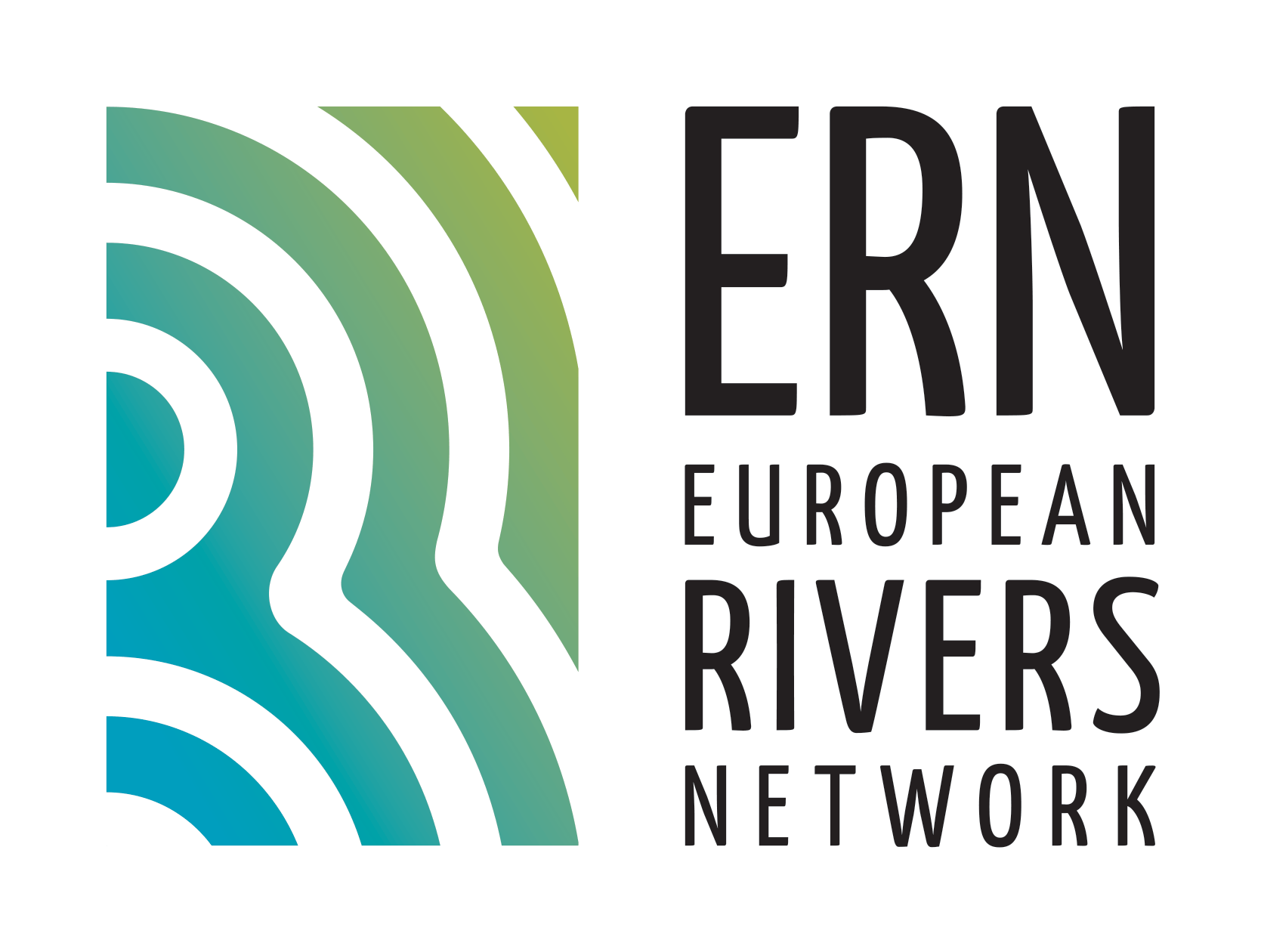
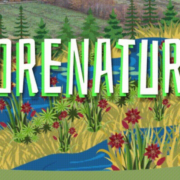

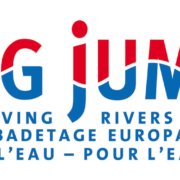

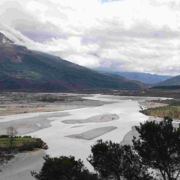


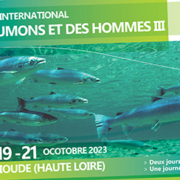
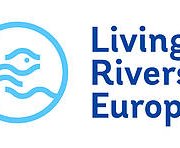
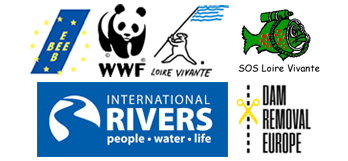 ERN is the official WWF Freshwater Partner in France and cooperates with WWF Switzerland, Austria, Netherlands and others
ERN is the official WWF Freshwater Partner in France and cooperates with WWF Switzerland, Austria, Netherlands and others